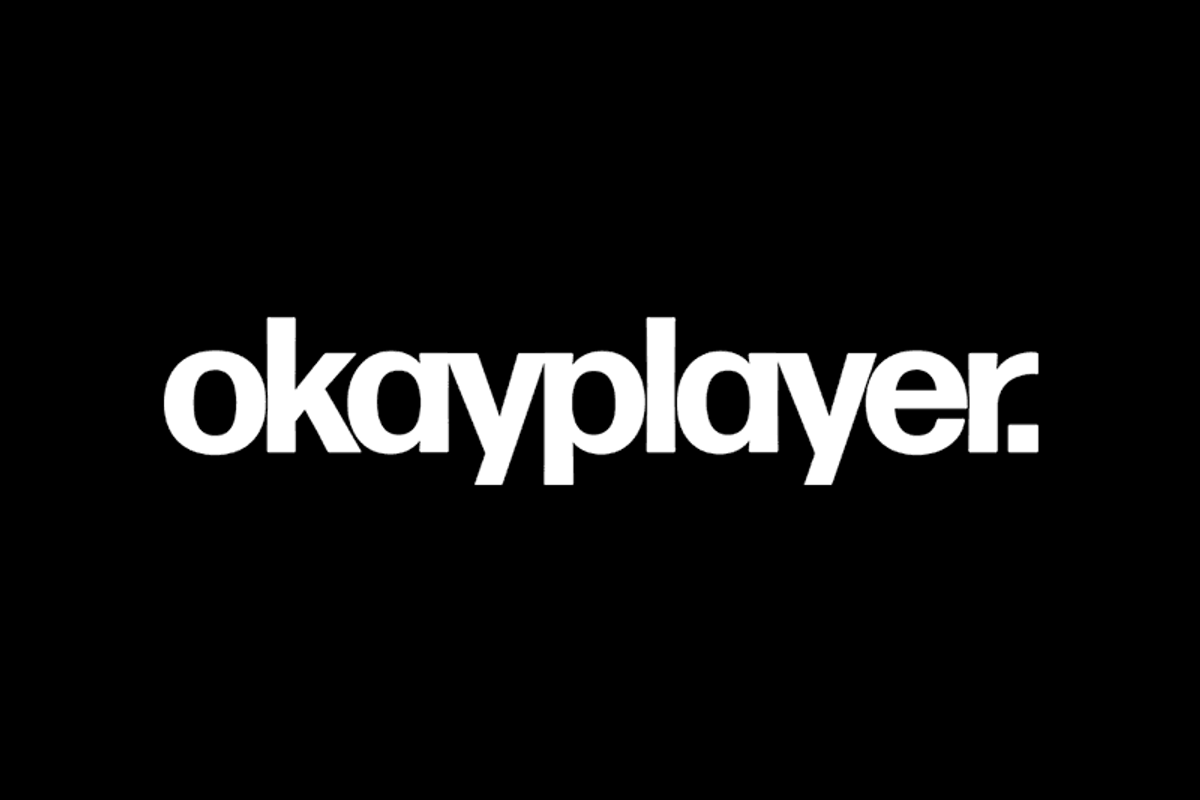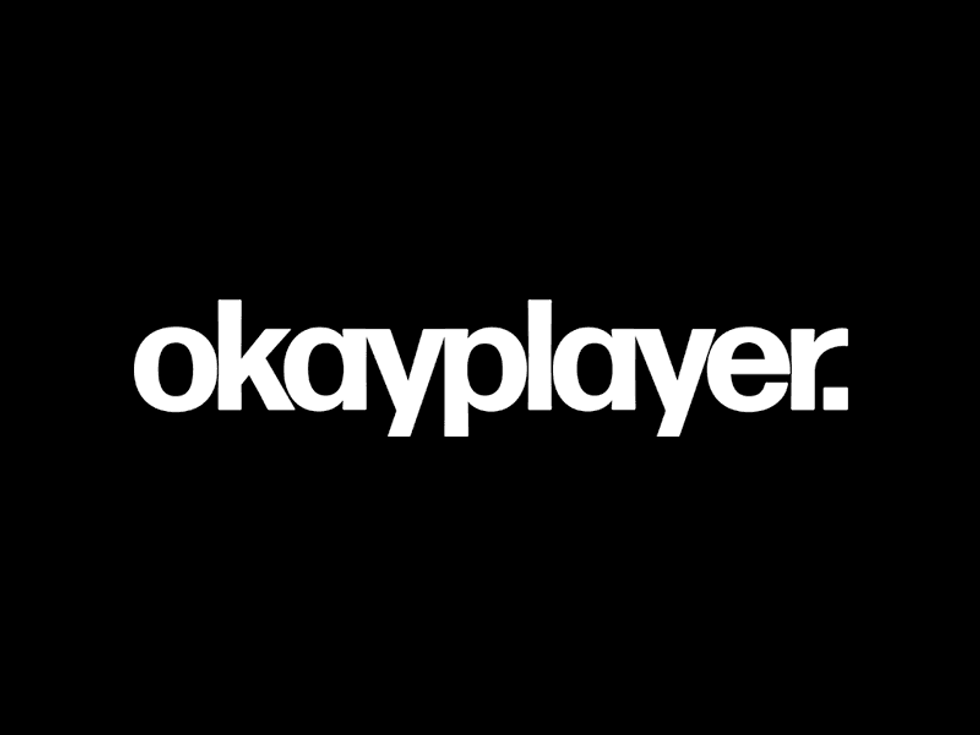
How A Dance Competition In New Orleans Helped Me Cope With A Shooting In My Hometown
Carlo Cruz/Red Bull Content Pool
To continue reading
Create a free account or sign in to unlock more free articles.
By continuing, you agree to the Terms of Service and acknowledge our Privacy Policy
Register
The content is free, but you must be subscribed to Okayplayer to continue reading.
THANK YOU FOR SUBSCRIBING
Join our newsletter family to stay tapped into the latest in Hip Hop culture!
Login
To continue reading login to your account.
Forgot your password?
Please enter the email address you use for your account so we can send you a link to reset your password:


I was at a twerking class in New Orleans when I learned of the shooting that took place in my hometown.
Tamika Jett, the instructor (and Big Freedia's choreographer), had just finished up a class myself and several other people were a part of when I received a text asking if my family and friends were OK. A shooting had taken place in El Paso, Texas. Reception was bad; I was simultaneously trying to reach my mom while refreshing my Facebook and Twitter for any posts about the shooting.
Shortly after leaving Jett's dance studio I received a text from my mom saying both her and my little sister were fine. Then came the Facebook notifications of friends marking themselves safe.
Still, none of us knew what exactly was happening. There were claims that a gunman had entered one of the city's main malls — Cielo Vista — and started opening fire. By the time I returned to my hotel room and found a livestream from a news channel out of El Paso, a suspect had been apprehended, and it was revealed that they had opened fire at a Walmart Supercenter near the mall.
It's a strange feeling to be in a city that has overcome tragedy while watching your own city face tragedy.

I was in New Orleans for the Red Bull Dance Your Style competition, which was the fifth stop on the tour. Prior to that was Honolulu, Washington D.C., Miami, and Boston. (Only Los Angeles and Las Vegas remain, with the latter serving as the U.S. finals for Red Bull Dance Your Style. The world finals for Red Bull Dance your Style will take place in Paris.)
The competition brings together some of the best dancers throughout the United States. Anything goes as they're encouraged to put on an improvised dance routine that can encompass everything from breakdancing to contemporary rap dance moves like the Shoot.
Amid the camaraderie of hanging out with people you've only ever encountered online or eating gumbo while watching people hop from bar to bar with an unfinished drink in hand, there were reminders of Hurricane Katrina. An Uber driver explaining how the city's levees were so inadequate that they were the primary cause of the flooding; a man wearing a shirt that read "Baptized When the Levees Broke," a reference to Erykah Badu's "Soldier" from her 2008 album New Amerykah; and the "Weather the Storm" display at Studio BE, a visual arts warehouse created by Brandan "BMike" Odums. The display is essentially an artistic interpretation of "Baptized When the Levees Broke." Blue and crimson clouds hang above houses submerged in water while a large wooden boat with the word "Survive" graffitied on its side looms in the background, an allusion to Noah's Ark.
Art provides a catharsis in times of tragedy. It's why some El Pasoans have written their own corridos (a form of musical folk ballad) as tribute to the victims of the shooting, or why some visual artists dedicated hours to making a mural to empower the people of the city. Both serve to help remind the city of its rich and beautiful culture, and that no tragedy can take that away from them.
Big Freedia embodied that sentiment when I asked her if she felt something was missing from New Orleans bounce music — the energetic and lively rap sub-genre that was invented in the city in the late 80s — following Katrina.
"Before Katrina it was a lot more feeling of home and feeling of the real culture of the bounce music," Freedia said. "I'm trying to bring that feeling back. That feeling of the old school bounce."

As distraught as I was in the moment, I felt reassured by Freedia. My demeanor continued to improve as the dance competition began, with attendees and dancers surrounding a portion of the floor at Generations Hall, where the event took place. As DJ G-Cue (who also serves as the DJ for the New Orleans Saints and Pelicans) went through songs by De La Soul, Blueface, Lil Nas X, and others, each dancer was tasked with showing their versatility and creativity on the dancefloor. Each dancer represented one of two colors — blue or red — and the winner was chosen by audience members who voted through a light up wristband they were given.
Although each dance battle had its moments, it was the round between Tampa's Liz "Lizilla" Gonzalez and Houston's Chris "YUNGCHRIS" Thomas I remember most. As Gonzalez and Thomas took to the dancefloor, G-Cue started playing "Suavemente," the hit song from merengue artist Elvis Crespo. At that moment, I was overcome by an intense joy. "Suavemente" was fucking inescapable growing up in El Paso. Released in the late 90s, the song soundtracked every school dance, party, and Quinceañera I ever attended. Even now, if you can't or don't dance to "Suavemente" when it comes on in a club in El Paso you're looked at suspiciously.
To unexpectedly hear a song I have such a visceral attachment to because of its ties to my hometown was what I needed. In that moment home felt closer; I was reminded of what El Paso was and will continue be even after what happened. A place of community, happiness, joy, and culture.
By the end of the night, only two dancers remained: Spider (Marquez Alexander) from Memphis, and Nick Fury from New Orleans, with the former winning competition. Despite the loss, Fury embodied that same passion as Freedia, Odums, Jett, and just about every other New Orleans native I met during my brief time there.
Being in New Orleans and seeing how the people who make the city what it is persevering years after its own tragedy was encouraging and uplifting. Like New Orleans, El Paso will move forward. We'll never forget; it's a moment etched into our minds forever. But we'll also move forward, because we know that we're more than our tragedy.